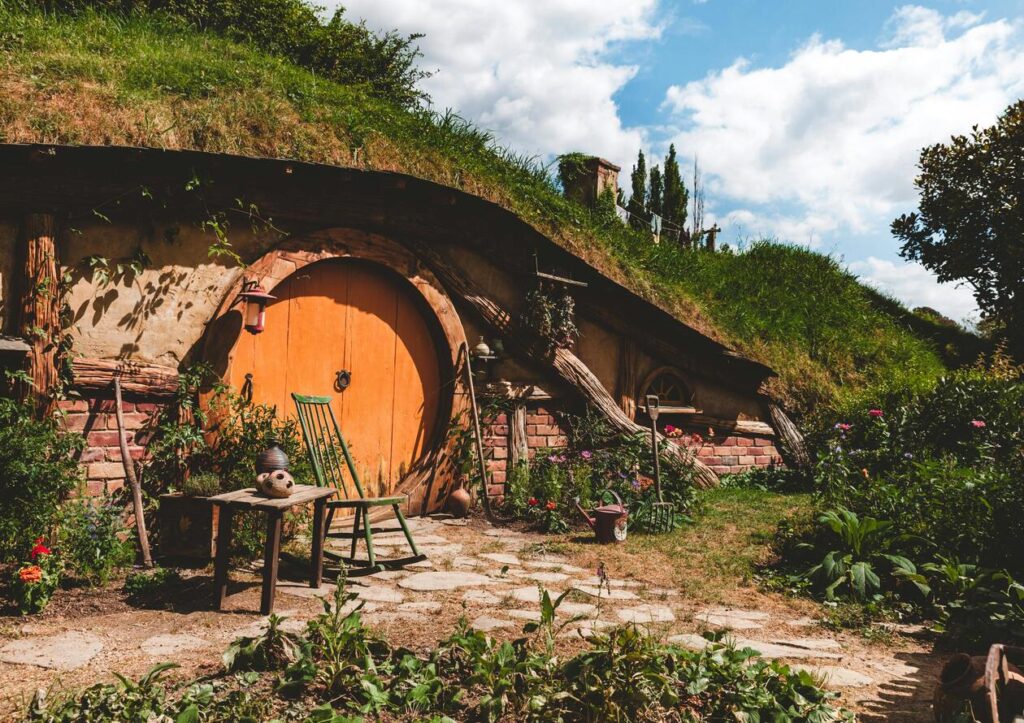Eco-Friendly Exterior Renovations: Sustainable Solutions for a Greener Home

In recent years, the importance of sustainable living and environmental stewardship has become increasingly apparent. With climate change and environmental degradation posing significant threats to our planet, there has never been a more critical time to embrace eco-friendly practices, both in our daily lives and in our homes. One area where homeowners can make a tangible difference is through eco-friendly exterior renovations – thoughtful and environmentally conscious upgrades that not only enhance the beauty and functionality of our homes but also reduce our environmental footprint and promote a healthier living environment for ourselves and future generations.
One of the first steps in undertaking eco-friendly exterior renovations is to consider the materials we use. Traditional building materials such as concrete, asphalt, and vinyl siding can have significant environmental impacts due to their production processes, resource extraction, and disposal. Fortunately, there are now a wide variety of eco-friendly alternatives available that offer comparable performance without the environmental drawbacks. For example, recycled composite decking made from reclaimed wood fibers and plastic bottles offers the look and feel of wood decking with the added benefits of durability and low maintenance. Similarly, fiber cement siding made from sustainable materials like sand, cement, and cellulose fibers provides a durable and fire-resistant alternative to traditional vinyl siding.
Energy-efficient landscaping practices are another essential component of eco-friendly exterior renovations. By carefully planning and designing our outdoor spaces, we can minimize water consumption, reduce energy usage, and create habitats that support local wildlife. One effective strategy is to incorporate native plants into our landscaping designs. Native plants are well-adapted to local climate conditions and soil types, making them more resilient to drought, pests, and diseases. Additionally, they require less water and maintenance than exotic species, helping to conserve precious resources and reduce our environmental impact. Rainwater harvesting systems are another valuable tool for sustainable landscaping. By collecting rainwater from rooftops and storing it in barrels or cisterns, homeowners can reduce their reliance on municipal water supplies and irrigate their gardens and landscapes more efficiently.
Water-saving techniques are also essential considerations in eco-friendly exterior renovations. From installing low-flow faucets and showerheads to upgrading to high-efficiency toilets and irrigation systems, there are numerous ways to reduce water consumption and minimize waste in our homes. Drip irrigation systems, for example, deliver water directly to the roots of plants, minimizing evaporation and runoff compared to traditional sprinkler systems. Rain gardens and bioswales are innovative landscaping features that help absorb and filter stormwater runoff, reducing pollution and erosion while replenishing groundwater supplies. By incorporating these water-saving techniques into our exterior renovations, we can not only save money on utility bills but also contribute to the health and sustainability of our local ecosystems.
Sustainable design principles are the foundation of eco-friendly exterior renovations. By prioritizing energy efficiency, resource conservation, and environmental responsibility, homeowners can create homes that are not only beautiful and functional but also environmentally friendly and sustainable. Passive solar design, for example, maximizes natural light and heat gain while minimizing the need for artificial lighting and heating. Well-insulated windows, doors, and walls help maintain comfortable indoor temperatures year-round, reducing the need for heating and cooling. Renewable energy sources such as solar panels and wind turbines can further reduce our reliance on fossil fuels and contribute to a cleaner, greener energy future.
Eco-friendly exterior renovations offer homeowners an opportunity to make a positive impact on the environment while improving the comfort, efficiency, and value of their homes. By choosing sustainable building materials, adopting energy-efficient landscaping practices, implementing water-saving techniques, and embracing sustainable design principles, we can create homes that are not only beautiful and functional but also environmentally responsible and sustainable for years to come.








